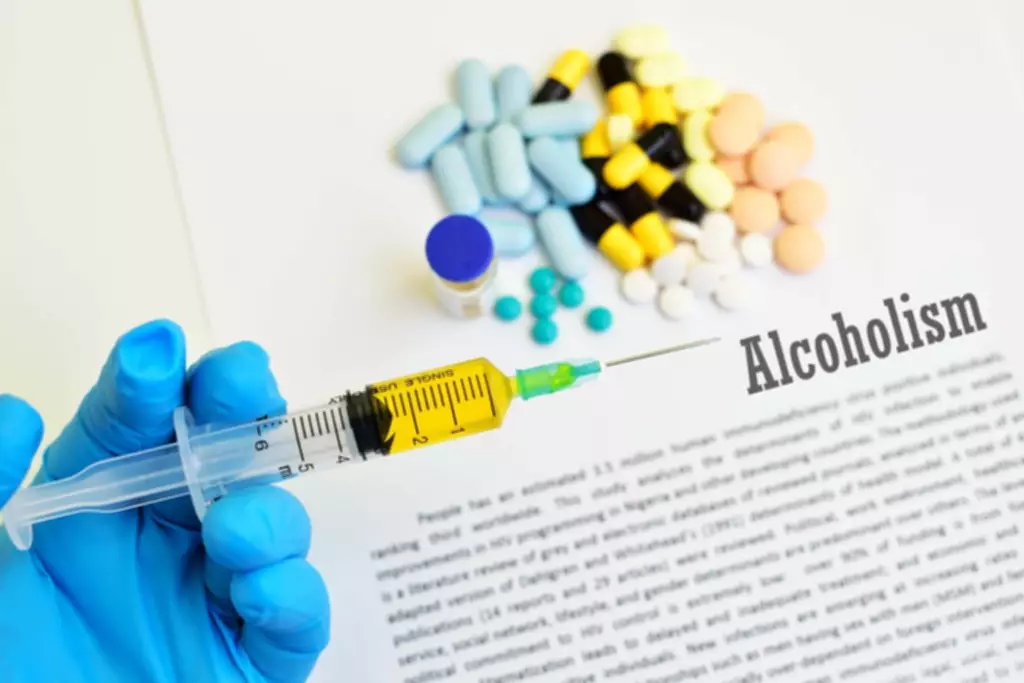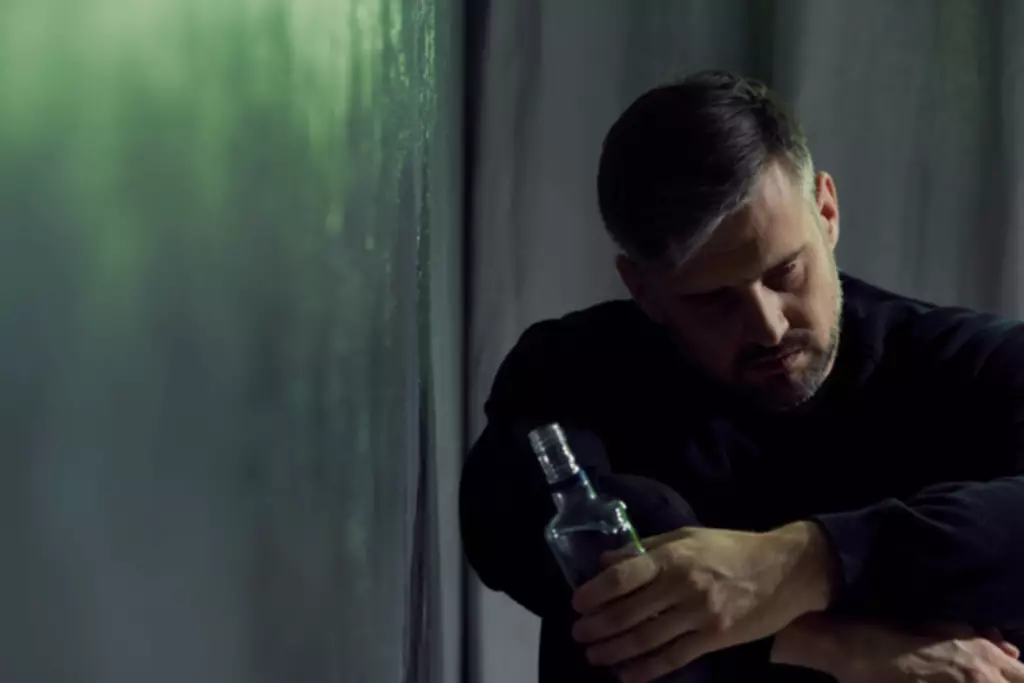
Alcohol also negatively affects serotonin, which has a major role in regulating your mood. Friedman notes that people with naturally Substance abuse lower levels of serotonin tend to be more violent. Among those impacted are two neurotransmitters that cells use to communicate with each other. A few drinks can short-circuit this conversation and result in parts of your brain not talking to each other as much as they should. An alcohol-induced blackout can happen when the individual consumes too much alcohol too quickly. The more alcohol that is consumed, the higher the level of memory loss will be.

“Angry Drunk” Psychology: An Overview
- When alcohol is consumed, it can impair the prefrontal cortex, leading to a reduced ability to control emotions and suppress aggressive tendencies.
- It may be years before a consistent escalation in consumption might begin triggering negative effects in their life.
There is a well-documented link between alcohol abuse and aggression alcoholic rage syndrome or violence. A report by the National Institute on Alcohol Abuse and Addiction (NIAAA) confirms that about 50% of sexual assault crimes involved individuals who had been drinking alcohol when the offense occurred. Department of Justice, about 36% of perpetrators of crime had been drinking at the time.
How is intermittent explosive disorder diagnosed?

The content in this blog is not intended to be a substitute for professional medical advice, diagnosis, or treatment. Always seek the advice of your physician or other qualified health provider with any questions you may have regarding a medical condition. By seeking recovery for problems with alcohol and anger, you can work toward a more positive life. The professionals at New Growth Recovery understand relationship difficulties related to alcoholism https://ecosoberhouse.com/article/genetics-of-alcoholism-is-alcohol-abuse-hereditary/ and rage syndrome. Among the many studied physiological and behavioral effects of alcohol is disinhibition, or reduced control over impulses or urges after intoxication. Disinhibition can make you unable to suppress or change an act of aggression that is not appropriate for the situation you’re in.
Understanding Codependency and Alcoholism: How It Affects Families and Relationships
Instead those years were devoid of dealing with life on life’s terms due to the alcoholic addiction.6) Jealous of others for their stick-to-itiveness, perseverance and strength. Resenting the family member or friend for their dreams and punishing them by not being supportive, questioning their ability and striving to clip their wings of creativity. Alcohol can cause changes in the brain and behavior, leading to aggression.

Is there a psychological explanation for why some individuals become angry when drunk?

Many calm, even-tempered people turn angry, aggressive, and out-of-control when intoxicated. This effect is more common among people struggling with alcohol use disorder. There have been instances in which individuals with alcoholic rage syndrome have faced legal consequences due to their aggressive behaviour. For instance, one individual with this syndrome was convicted of assault after attacking a stranger during a blackout episode. This incident highlights the importance of raising awareness and providing support for individuals affected by this condition. Understanding why are alcoholics so mean to the ones they love is the first step in addressing the broader issue of alcoholism.

Constantly witnessing or experiencing anger outbursts and aggression fueled by alcohol can be deeply traumatizing for loved ones. Because alcohol interferes with cognitive function, an angry alcoholic fails to use their logical thinking and problem-solving skills, which leads to disregard for consequences. Alcohol is considered a depressant, and it can cause looser inhibitions of aggressive behavior. This manifests as verbal abuse, threats, or physical violence in some cases. That said, not everyone who exhibits these behaviors necessarily fits into this category, as individual experiences with alcohol and anger can vary greatly.
- The user becomes obsessed with the substance or behavior despite adverse consequences, and may deny the existence of a problem.
- I was not sure about it first but I went ahead and started the treatment from them anyways and so far it’s been a dream.
- They feel as if they can do no wrong, and it is everybody else who is at fault.
- Alcoholic-fueled outbursts often leave innocent bystanders feeling lost, wondering why are alcoholics mean, or why this loved one is treating them so terribly.
- And why do some people experience anger when drinking, while others do not?
Alcohol-Induced Aggression
We offer evidence-based recovery programs that include couples rehab, family therapy, and treatment for alcohol use disorder (AUD). Spouses constantly walk on eggshells to avoid triggering a violent outburst. Misplaced anger and alcohol damage a family member’s mental health and cognitive function over time. But individuals who already struggle to control their anger may lose all restraint after a few drinks.
Those with tendencies to what’s colloquially known as sociopathy may be more prone to alcohol-related aggression. Luckily, that clarity can be beneficial, because it means that you have a chance to put your foot down and stop what you’re doing. If you become a crazy drunk person when you’re drinking, and you drink often, it’s probably safe to say you’re an alcoholic. Unfortunately, quitting something that’s become an addiction isn’t as easy as simply making narcissism and alcoholism the decision to stop.
Find Out If We Are A Good Fit For You Or A Loved One. Contact Us Today!
Intimate partner violence is of great concern when it comes to alcohol and anger. A new study from Ohio State University’s Bushman supports that conclusion. They all described themselves as social drinkers and none claimed to have any past or present drug, alcohol or psychiatric problems. Ergo, naturally low serotonin plus serotonin-depleting alcohol equals a high probability for an alcoholic rage. “And drinking alcohol decreases serotonin levels even further,” he explains.

